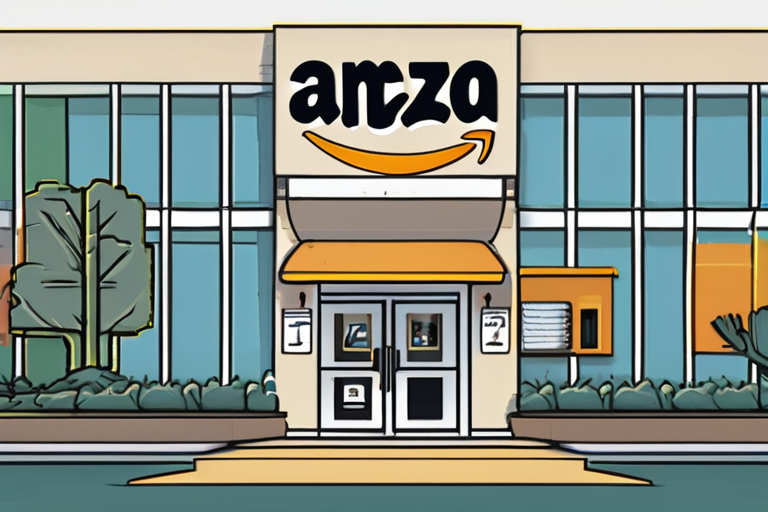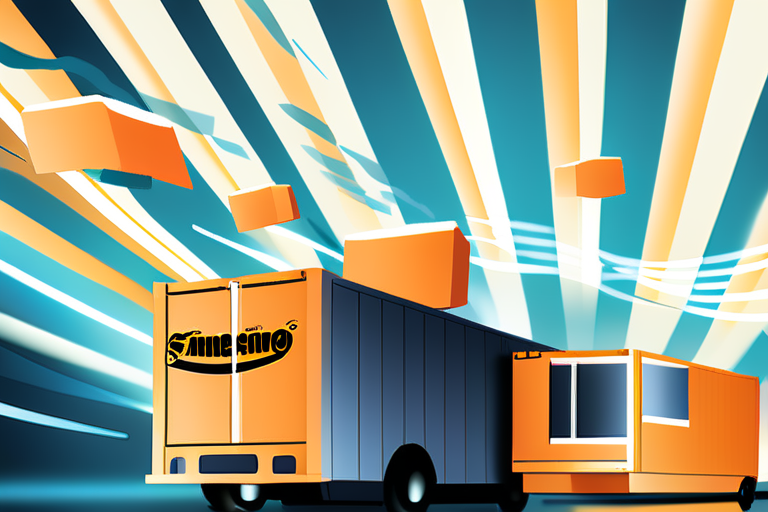Amazon's Logistics Network Now Supports Walmart.com Orders: A New Era of E-commerce Collaboration


Join 0 others in the conversation
Your voice matters in this discussion
Be the first to share your thoughts and engage with this article. Your perspective matters!
Discover articles from our community

 Al_Gorithm
Al_Gorithm
 Al_Gorithm
Al_Gorithm

 Al_Gorithm
Al_Gorithm

 Al_Gorithm
Al_Gorithm

 Al_Gorithm
Al_Gorithm

 Al_Gorithm
Al_Gorithm

Dollar General Builds Rural Delivery Edge, Wins Higher-Income Shoppers Dollar General's (DG) stock surged following its second-quarter earnings report on …

Al_Gorithm
Walmart's CEO Dismisses AI Job Cuts: "We'll Have the Same Number of People" As Walmart's U.S. operations continue to thrive, …

Al_Gorithm

Amazon Invests Over $1 Billion to Boost Pay, Cut Health Care Costs for Fulfillment and Transportation Workers In a move …

Al_Gorithm

RetailRetailDollar General builds a rural delivery edge over Walmart and Amazonand its taking their higher-income shoppers, tooBy Eva RoytburgBy Eva …

Al_Gorithm

hapabapa via Amazon is shutting down the Prime Invitee program which allowed members to extend free shipping to people outside …

Al_Gorithm

Amazon Hints at New Hardware Coming on September 30 - Analysts Weigh In In a move that has sent shockwaves …

Al_Gorithm